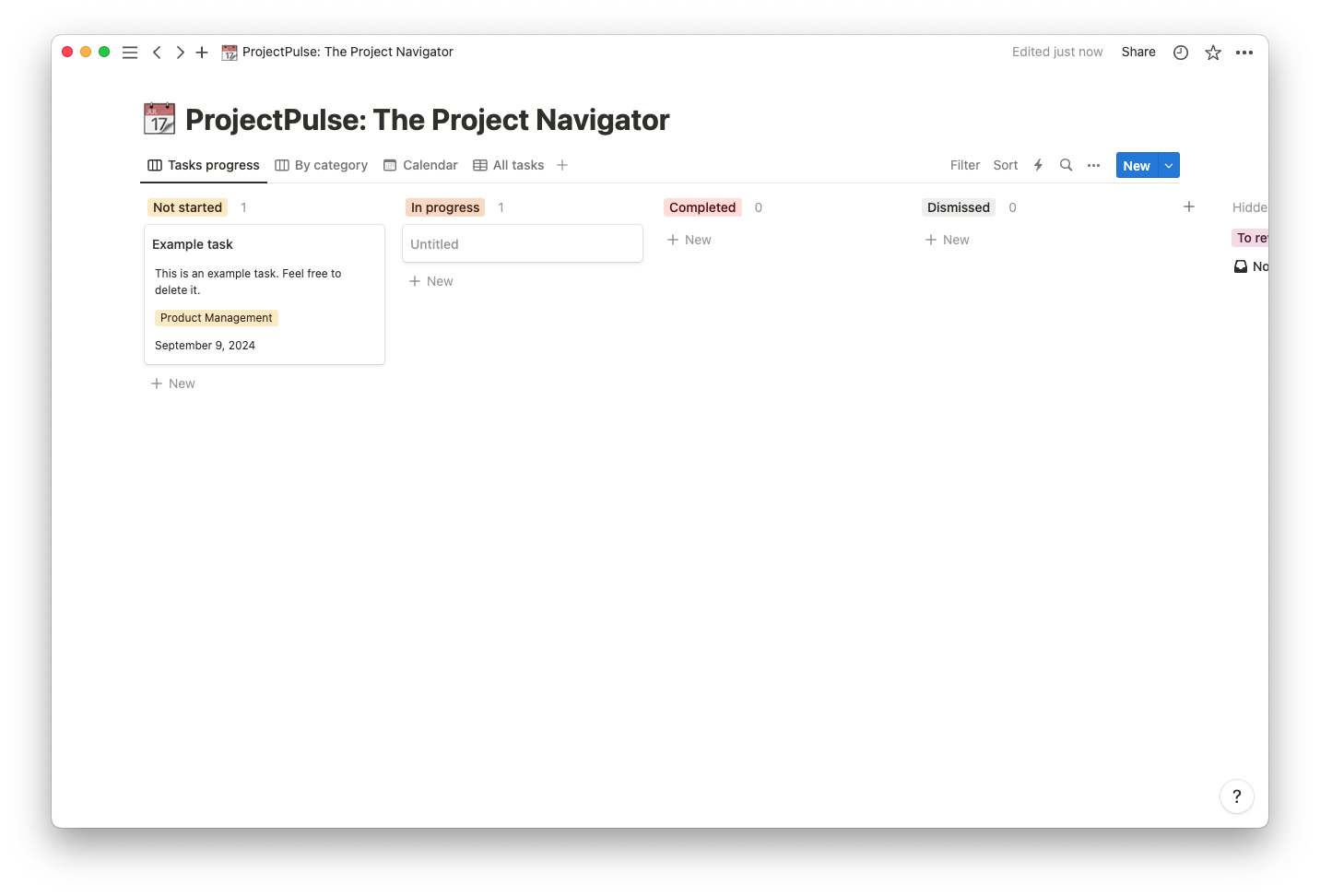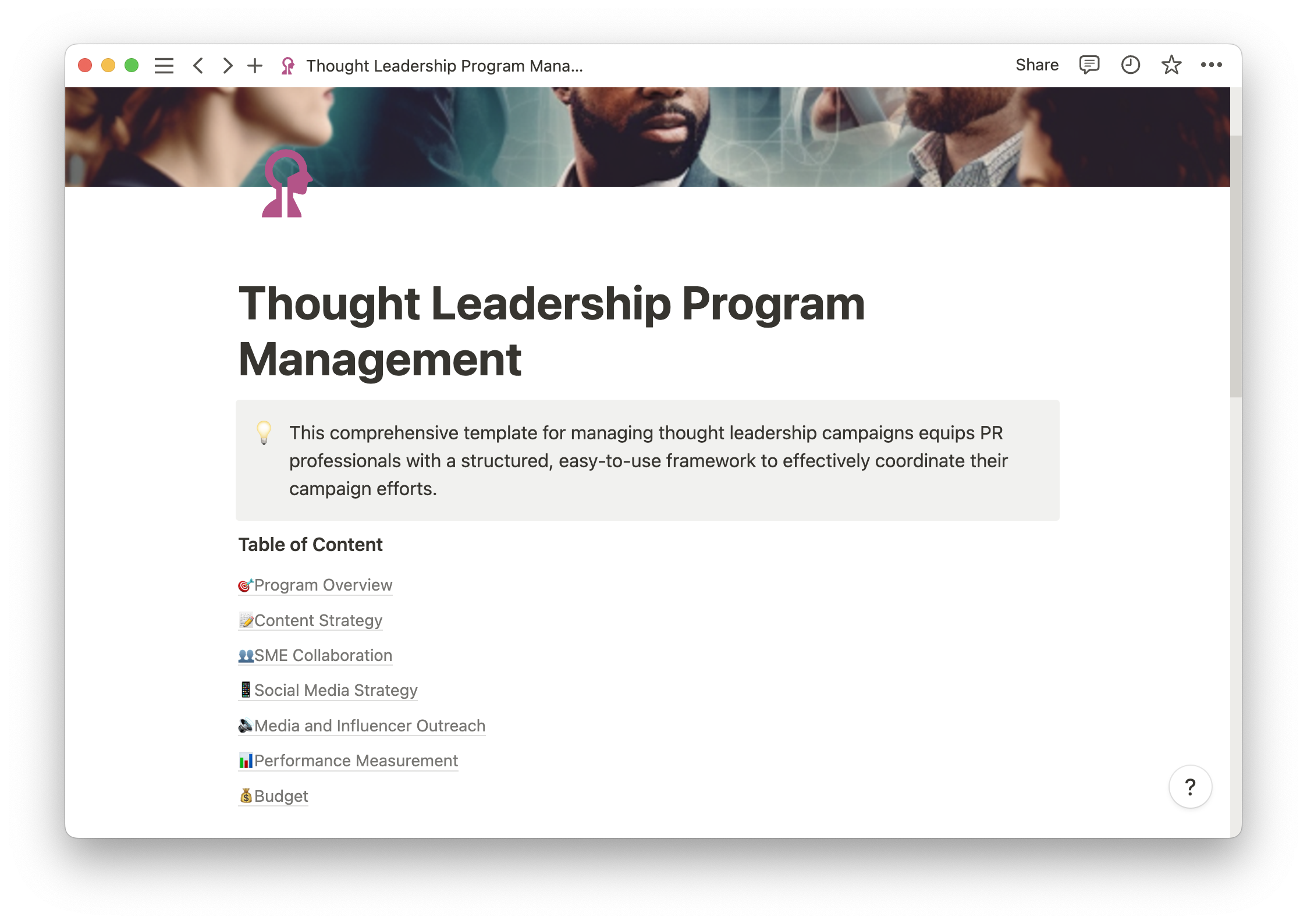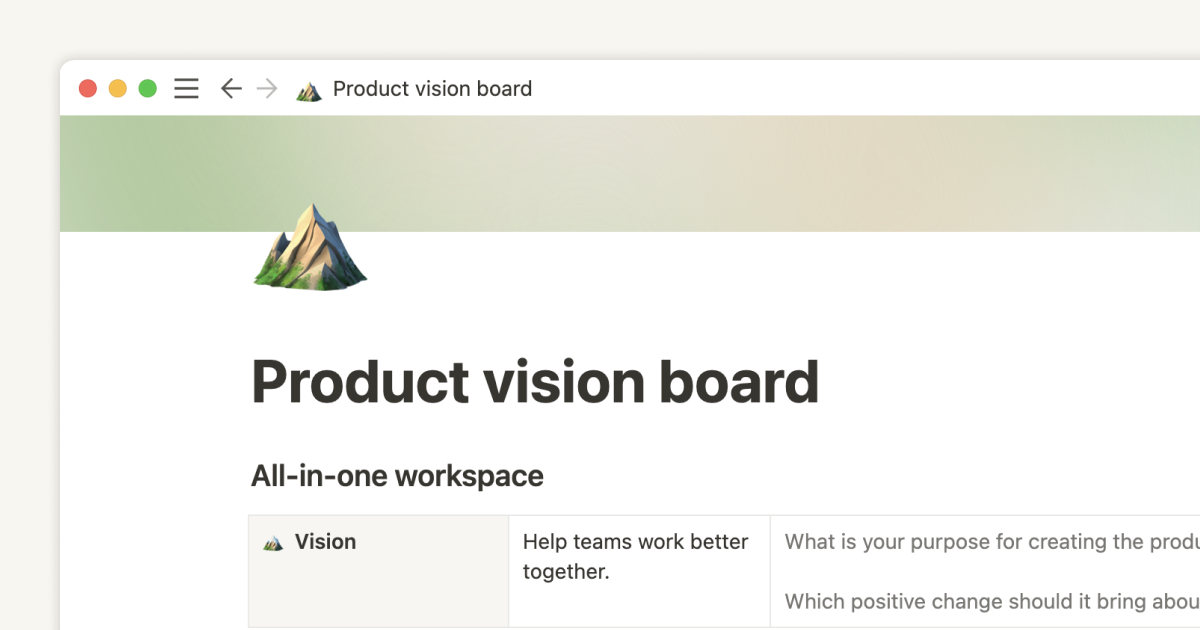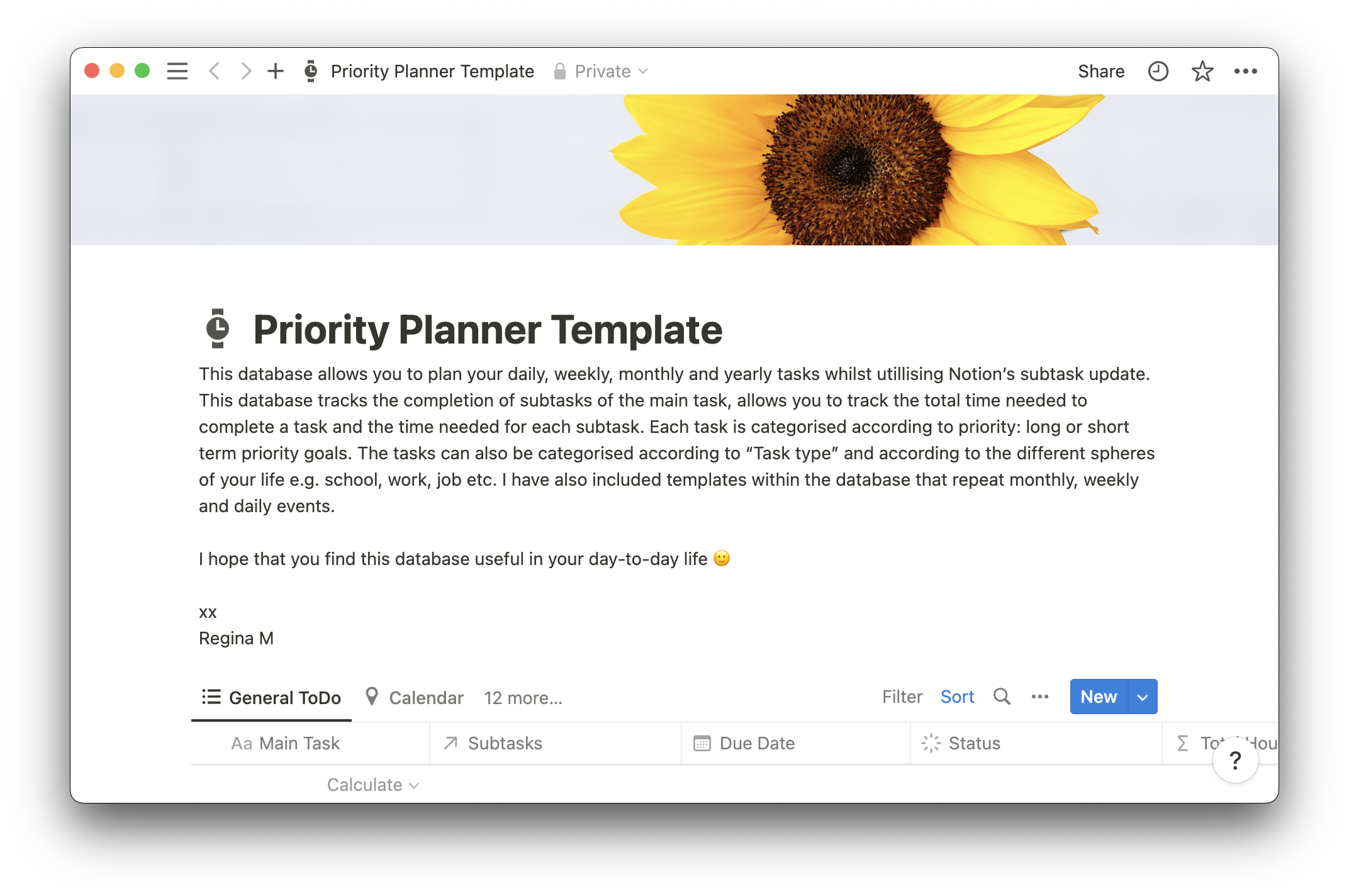Taking care of a project is about more than juggling tasks.
As a manager, you’re in charge of the whole circus, delegating to-dos and making sure every process is running smoothly. And when managing multiple projects at once, it’s easy to drop the ball.
But it is possible to keep track of different projects if you have the right procedures, plans, and skills in place. And if you do it right, you can get more done and reduce waste by making the most out of your time.
What’s multi-project management?
Multi-project management is overseeing and coordinating several projects simultaneously. It requires a high level of organization and strategic planning to actually achieve without lowering quality or running short on time.
Unlike managing a single project, where the focus is on a specific set of tasks, multi-project management requires a broader perspective over the traditional — scope, budget, and time — to make sure everything gets done. This is a difficult process, but that doesn’t mean it’s impossible.
How do you handle multiple tasks at the same time?
Adequately governing different tasks and projects at once takes practice and skill. To truly be good at it, you should excel in six key areas:
Planning — developing comprehensive project plans, timelines, and resource allocation strategies for each project
Staffing — assigning the right people with the necessary skills for each job
Organizing — efficiently managing workloads across multiple projects to maximize productivity
Leading — providing guidance, motivation, and support to project teams
Directing — making critical decisions and resolving conflicts that may arise during project execution
Controlling — monitoring progress, identifying potential risks, and making adjustments to keep projects on track
5 benefits of learning to manage multiple projects
If you’re a project manager, chances are you're running more than one thing at a time. Maybe you’re finishing up one project and just starting another while overseeing the deliverables on a third. It’s a lot to take on, and it’s overwhelming if you don’t have the right organizational strategies in place — especially when managing complex projects.
But the answer isn’t to just drop all of your to-dos. You can manage more than one project at once with some planning. And the compelling benefits of improving your multi-project management skills include:
1. Resource optimization
Efficient multi-project management involves tracking resources such as workforce, materials, and budget over different projects based on their needs and priorities. Some projects will need 10 staff, and some will just need two — and it’s your role to help make those calls. Planning ahead ensures you don’t spread resources too thin or concentrate unnecessarily on one project, preventing talent fatigue, over-expenditure, and underutilization.
2. Strategic alignment
Organizations often have multiple projects running concurrently to achieve different goals, and their objectives and timelines should align with the overarching vision. But they also have to avoid conflicting priorities, duplication of efforts, and the pursuit of projects that don't contribute to the company's strategic objectives. Managing everything correctly ensures that every project contributes to the bigger picture without getting in the way of others.
3. Faster time-to-market
In a competitive business landscape, getting products and services to market quickly is critical. Proficiently managing multiple projects helps shorten time-to-market, giving your organization a competitive edge — and contributing to increased market share and revenue.
4. Risk mitigation
Multi-project management helps you mitigate risks by providing a holistic view of all projects at once. By closely monitoring everything, you can identify and address potential issues, delays, and bottlenecks before they escalate, reducing the likelihood of project failures and costly setbacks.
5. Improved decision-making
Managing multiple projects at once gives you an integrated view of progress, resource allocation, and financial data without needing to communicate with other project leaders. You can make more informed decisions because you know every detail of every project you’re involved with. It minimizes guesswork and increases the likelihood of successful project outcomes.
4 challenges of managing multiple projects
While the benefits of multi-project management are remarkable, it comes with a fair share of difficulties and risks. Here’s what to look out for:
1. Suboptimal resource allocation
Balancing resources across projects can be tricky, especially when you need to make last-minute shifts. Overcommitting or underutilizing your resources can lead to delays and budget overruns. And without implementing a comprehensive approach, it can be hard to determine whether your resources will be accessible as needed.
2. Incorrect prioritization
Not all projects are of equal importance. Incorrect prioritization can lead to resource misallocation, budget constraints, and delays, which in turn can result in missed opportunities and erode stakeholder confidence. To address this challenge, you have to assess and reprioritize projects to respond to market changes and emerging opportunities.
3. Ineffective communication
Communication becomes increasingly complex when you’re running several projects. Without clear channels for collaboration and knowledge-sharing, there's a risk of duplication, conflicting objectives, and misunderstandings — all of which can hinder progress. You’ll need to establish clear communication protocols from the start and foster a culture of open and transparent communication across teams.
4. Project dependencies
In multi-project environments, your to-dos often depend on each other. These can mean a correlation between tasks, resources, and timelines. An inefficient approach can quickly amplify risks across the portfolio; delays in one project can have a cascading effect on others. You’ll have to engage in thorough dependency mapping, implement mitigation strategies, and foster cross-project communication to minimize the potential impacts of interdependencies.
A 7-step approach to managing multiple projects
Learning how to manage multiple projects takes time and practice to truly perfect. But if you want to start putting some strategies in place, here are some steps to take:
Prioritize projects — identify and rank projects based on their strategic importance, deadlines, and resource requirements. Direct your efforts to high-impact initiatives before moving on to others.
Create detailed project plans — develop comprehensive plans that outline tasks, timelines, and resource requirements. This provides a roadmap for successful project execution.
Implement multiple project management tools — use tools like Notion's project management templates to streamline project tracking, communication, and time management. They can help you improve visibility into your project portfolios to make better data-driven decisions and avoid overlap.
When possible, delegate — trust your team members with responsibilities based on their skills and expertise. Delegating empowers your team and fosters accountability while taking tasks off your plate.
Review progress — frequent project reviews and status updates help identify potential issues early on. Use key performance indicators (KPIs) to measure progress and make timely course corrections.
Manage dependencies — map out project dependencies and monitor them closely to prevent bottlenecks and delays.
Maintain open communication — establish effective channels within and between teams, like communicating through email for project briefs or Slack for quick reminders. Encourage transparency and open dialogue to resolve issues promptly.
Multi-project management examples
Managing multiple projects will look different depending on your role and industry, so it can be hard to figure out how to do so effectively. Here are some everyday examples to give you a better idea of how to do it:
Product development — product managers and development teams usually handle various projects simultaneously, such as designing new features on one app and fixing bugs on another.
Information technology (IT) — IT managers may conduct several projects at once, such as system upgrades, software implementations, and security initiatives, all while providing support and maintenance to existing infrastructure.
Marketing — one strategy could include several different campaigns across channels. Marketing managers might have to watch over Instagram and TikTok and organize print ads, all while keeping tabs on analytics.
Efficient multi-project management requires the right set of tools. Notion's template library has everything you need to manage tasks, share information, and track timelines — all in one place. Try an extensive project management template to start, and use a to communicate to-dos with your time. You can do it all with Notion.





